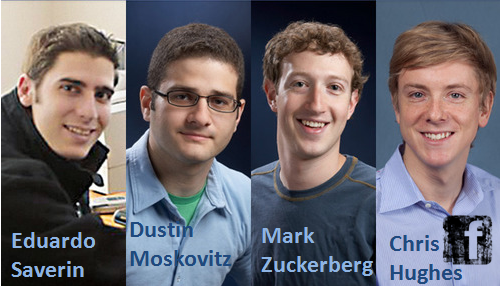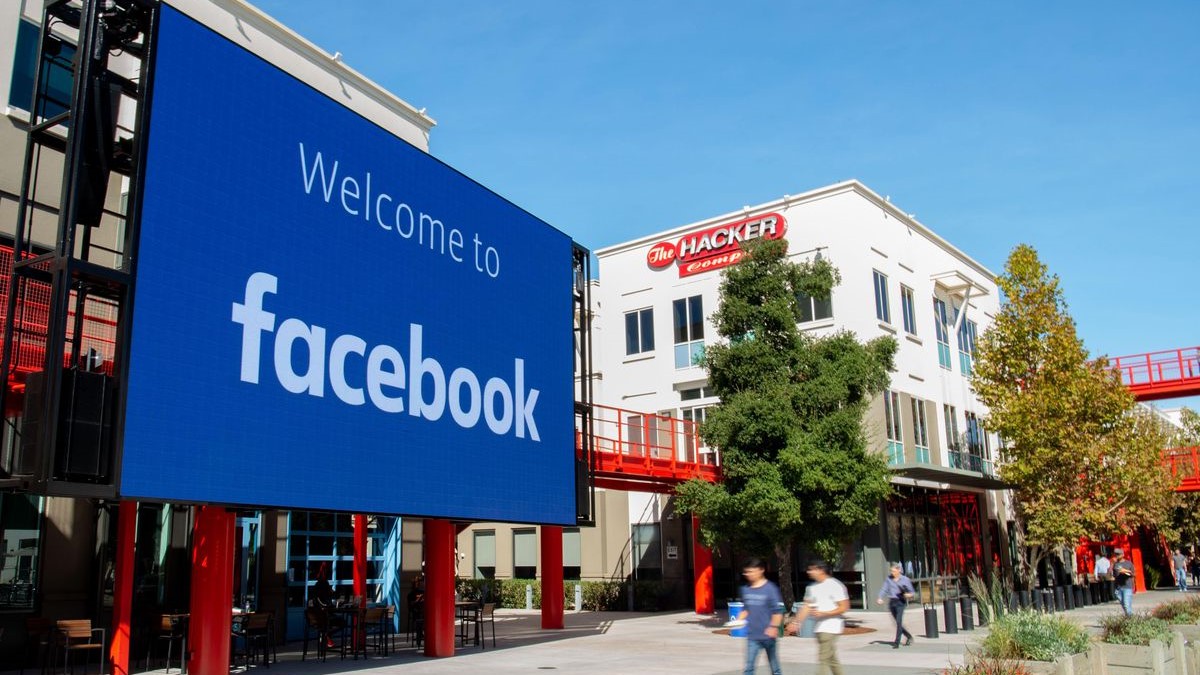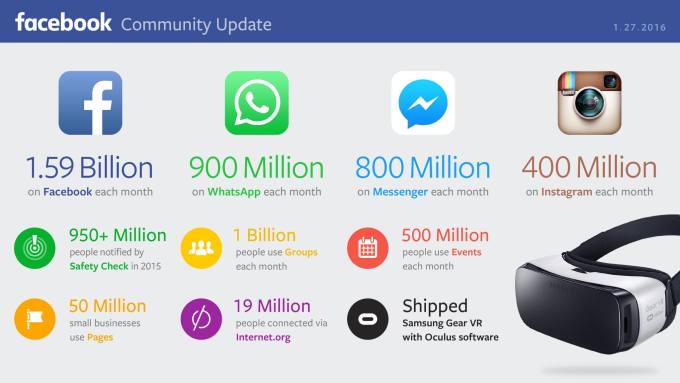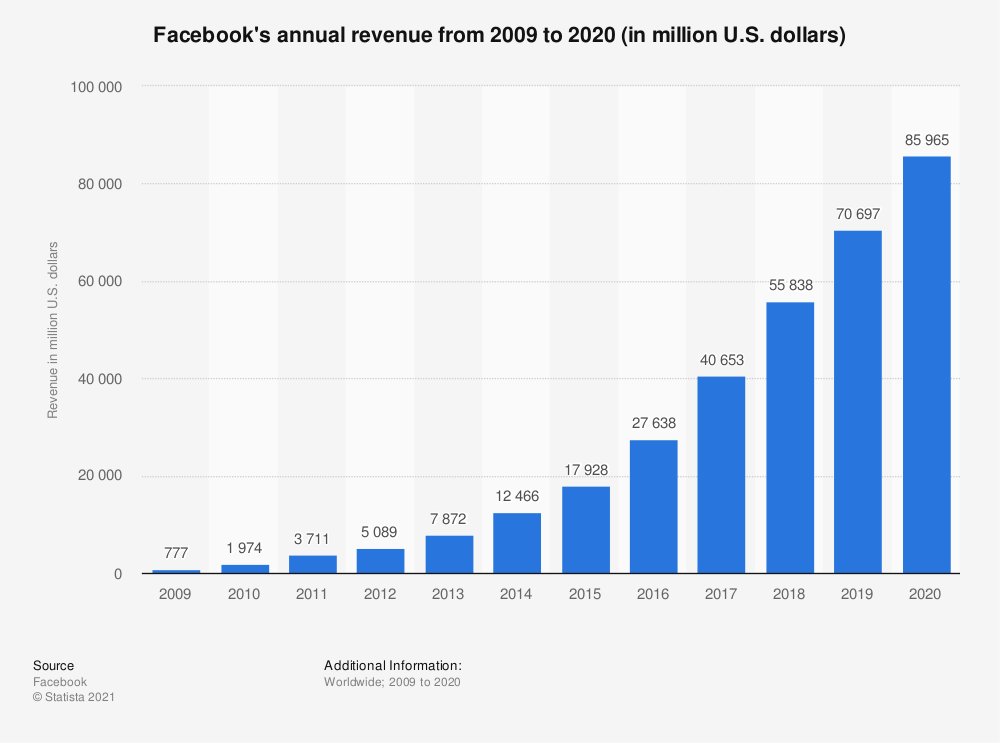Brief History
Zuckerberg built a website called "Facemash" in 2003 while attending Harvard University. The site was comparable to Hot or Not and used "photos compiled from the online face books of nine Houses, placing two next to each other at a time and asking users to choose the "hotter" person".[17] Facemash attracted 450 visitors and 22,000 photo-views in its first four hours.[18] The site was sent to several campus group listservs, but was shut down a few days later by Harvard administration. Zuckerberg faced expulsion and was charged with breaching security, violating copyrights and violating individual privacy. Ultimately, the charges were dropped.[17] Zuckerberg expanded on this project that semester by creating a social study tool ahead of an art history final exam. He uploaded all art images to a website, each of which was accompanied by a comments section, then shared the site with his classmates.[19]
A "face book" is a student directory featuring photos and personal information.[18] In 2003, Harvard had only a paper version[20] along with private online directories.[17][21] Zuckerberg told The Harvard Crimson, "Everyone's been talking a lot about a universal face book within Harvard. ... I think it's kind of silly that it would take the University a couple of years to get around to it. I can do it better than they can, and I can do it in a week."[21] In January 2004, Zuckerberg coded a new website, known as "TheFacebook", inspired by a Crimson editorial about Facemash, stating, "It is clear that the technology needed to create a centralized Website is readily available ... the benefits are many." Zuckerberg met with Harvard student Eduardo Saverin, and each of them agreed to invest $1,000 in the site.[22] On February 4, 2004, Zuckerberg launched "TheFacebook", originally located at thefacebook.com.[23]
Six days after the site launched, Harvard seniors Cameron Winklevoss, Tyler Winklevoss, and Divya Narendra accused Zuckerberg of intentionally misleading them into believing that he would help them build a social network called HarvardConnection.com. They claimed that he was instead using their ideas to build a competing product.[24] The three complained to the Crimson and the newspaper began an investigation. They later sued Zuckerberg, settling in 2008[25] for 1.2 million shares (worth $300 million at Facebook's IPO). Membership was initially restricted to students of Harvard College. Within a month, more than half the undergraduates had registered.[27] Dustin Moskovitz, Andrew McCollum, and Chris Hughes joined Zuckerberg to help manage the growth of the website.[28] In March 2004, Facebook expanded to Columbia, Stanford and Yale.[29] It then became available to all Ivy League colleges, Boston University, NYU, MIT, and successively most universities in the United States and Canada.[30][31]
In mid-2004, Napster co-founder and entrepreneur Sean Parker—an informal advisor to Zuckerberg—became company president.[32] In June 2004, the company moved to Palo Alto, California.[33] It received its first investment later that month from PayPal co-founder Peter Thiel.[34] In 2005, the company dropped "the" from its name after purchasing the domain name Facebook.com for US$200,000.[35] The domain had belonged to AboutFace Corporation.
In May 2005, Accel Partners invested $12.7 million in Facebook, and Jim Breyer[36] added $1 million of his own money. A high-school version of the site launched in September 2005.[37] Eligibility expanded to include employees of several companies, including Apple Inc. and Microsoft.



